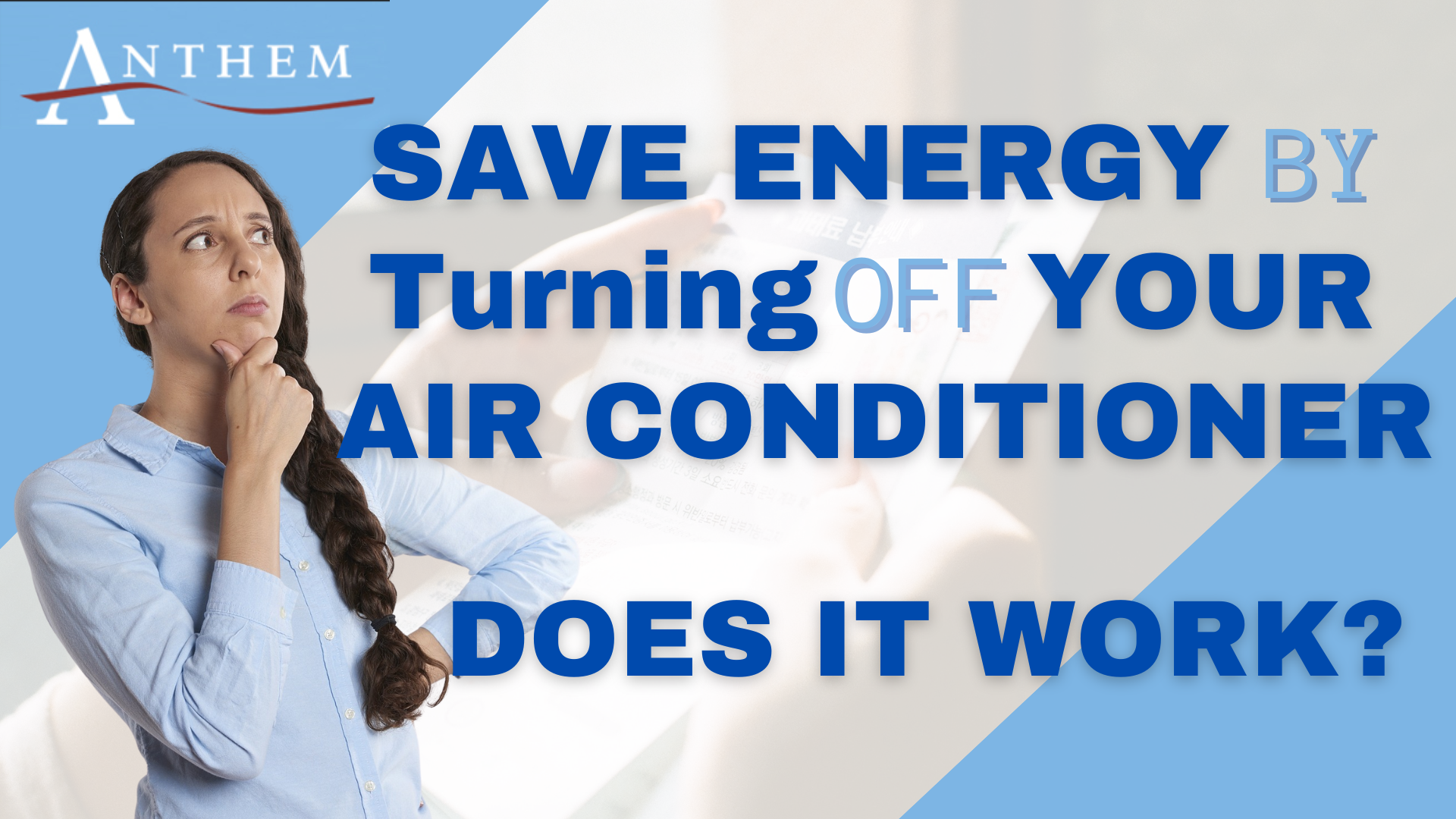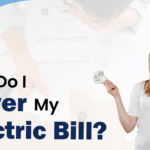
Heating and air conditioning systems are a typical home’s most significant power users. Thus, it’s no surprise that most homeowners believe that switching off their HVAC systems will save electricity.
However, does switching off the AC when you aren’t home really save you money?
Bigthink.com used different energy models to explain heat transfer and the AC system’s performance in tackling the question of energy efficiency. The engineers found that energy efficiency depends on whether you need to remove more heat from your home by running the air conditioning system throughout the day or by removing the excess heat only at the end of the day.
Heat flows into your home when the building has less stored heat than outside temperatures. The heat accumulation continues until it reaches equilibrium. For instance, if your property only holds five units of thermal energy, that’s the heat you have to remove at the end of the day.
Also, the AC cools less effectively in extreme heat, so keeping it off during the hottest days increases overall efficiency.
Further, when the AC temporarily spikes to recover from the higher indoor temperatures, the overall energy consumption is still less than when maintaining constant temperatures.
Some researchers also agree that energy efficiency depends on different factors like:
House insulation
Home insulation provides resistance to heat flow and improves energy efficiency because of the insulating material’s resistance to conductive heat flow.
Technically, more insulation in your home increases the R-value and the resistance to heat flow. Therefore, proper insulation reduces heating and AC costs and improves overall comfort.

Size of Your Home
Heating and cooling a tiny home with sufficient insulation and energy-efficient windows costs less than heating a large house.
Size of the AC Unit
The size of your HVAC unit refers to its heating and cooling capacity. It helps if you hire an experienced HVAC technician to help size the HVAC unit correctly. An oversized or under-sized HVAC unit will not function efficiently, resulting in higher utility bills.
Systems Energy Efficiency Rating
HVAC units’ energy efficiency rating affects the overall heating and cooling costs. You should engage a heating and cooling technician to help you choose systems high on energy efficiency so you do not end up paying exorbitant energy bills.
Outdoor Temperature and Humidity
Typically, air conditioning units should be able to remove moisture from the air. When humidity levels are high, the cooling effect is low. Thus, you must keep the air conditioning system running, which means you pay more.
Modern vs. Older System
Some households are still using outdated HVAC equipment that operates less efficiently. These homes end up paying higher energy bills, which hurts their savings capacity.
Newer, more energy-efficient HVAC equipment features huge energy-saving components which help homeowners achieve huge savings potential even when running all day long,

Is Continuously Running the AC Bad?
Another consideration is the safety of your equipment. Some homeowners have argued that running the AC continuously lowers its lifespan. While their argument is technically valid, running the AC for a couple of hours to cool down your home in the evening will not strain the AC or cause the compressor to blow off.
Besides, some modern ACs are stable and can run at full speed for several hours. Thus, running the AC for a couple of hours prevents short cycling, which could be problematic.
Install a Programmable Thermostat to Improve Energy Efficiency
Programmable thermostats help to lower energy bills. According to energy.gov, you can save as much as 10% a year on heating and cooling by simply installing an efficient thermostat.
Therefore, when shopping for thermostats, check their compatibility with the system’s equipment and choose one with the appropriate scheduling options.
In addition, ensure the installation spot is on an interior wall away from heat/draft sources like ventilations, doorways, and windows.
Engage a qualified HVAC expert near you to help you choose the right programmable thermostat and to ensure proper installation.
Conclusion
Since air conditioners use more energy when they cycle all day, it is cheaper to let your system operate at total capacity when you are home.
However, it is also worth noting that several factors contribute to how efficient your system is regarding energy-saving abilities.
Make plans to have a professional heating and cooling technician inspect your HVAC systems. If you are unsure how to lower the heating and cooling energy bills, Anthem is here to help you. We specialize in repairing, installing, and maintaining plumbing, heating, air conditioning, and air quality services.
Contact Anthem CV today.








No comment yet, add your voice below!